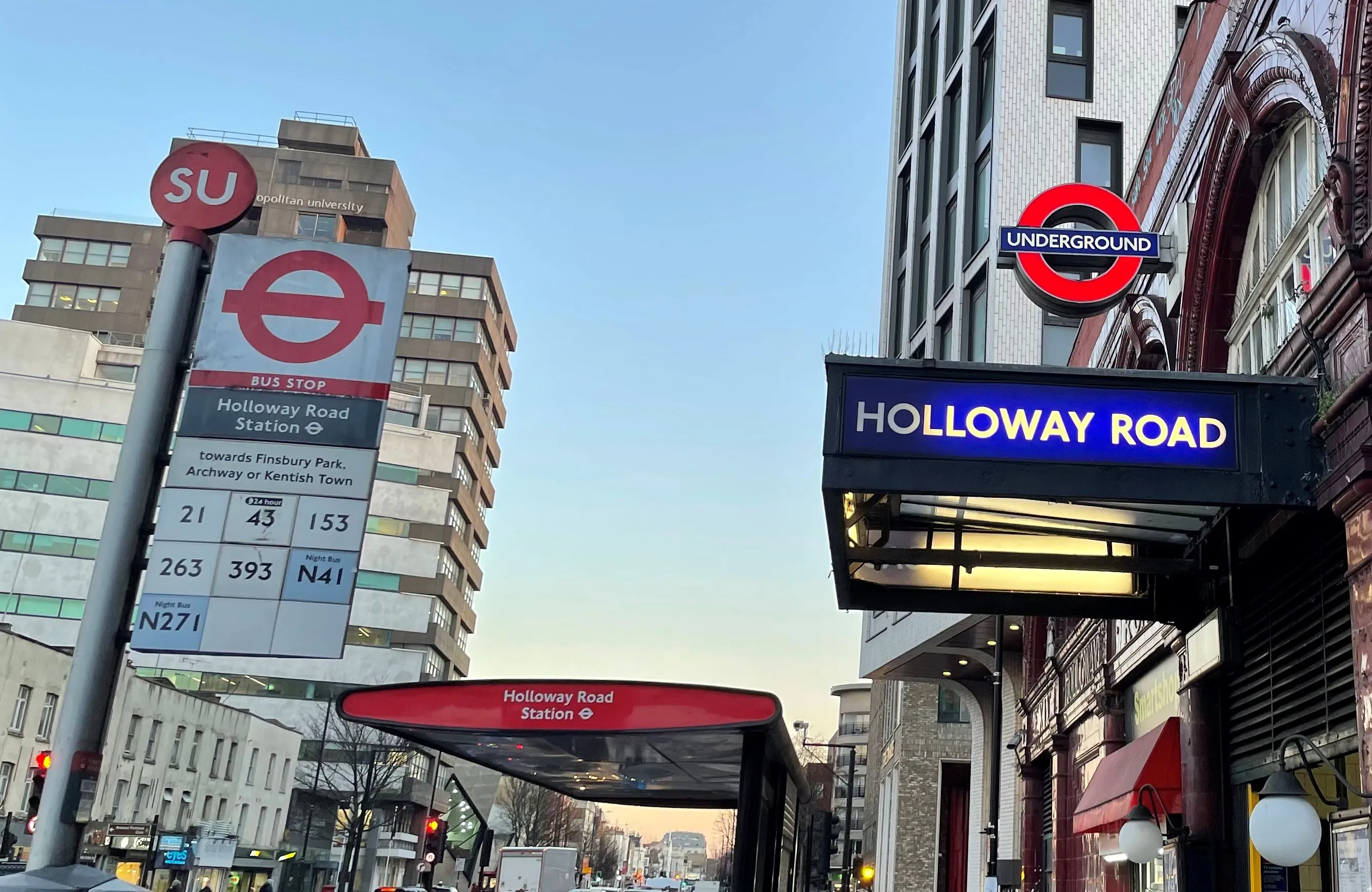
Transport for London (TfL) has chosen Vix Technology to deliver the largest real-time passenger information (RTPI) display upgrade in London in over a decade.
With more than five million daily bus passengers, TfL said its bus network is one of the busiest in the world. The initiative from Vix aims to modernise the UK capital’s digital display network, improving passenger satisfaction by giving millions of daily bus users even more accurate and timely updates.
The project - awarded by TfL following a competitive tender - will see Vix upgrade the existing bus display estate and provide a facility by which TfL could deliver future initiatives. Among the next-generation LED, e-paper and TFT displays potentially being rolled out, these long-life, battery-powered models can help provide sustainable, energy-efficient solutions.
Roll-out is scheduled to begin with a pilot project this coming winter 2025, with full deployment expected to be complete in 2027.
The upgrade includes the use of Vix’s display management back office. The platform supports a variety of display types from different vendors in one place, giving visibility and control over all display and stop information. The new technology allows for legacy hardware to be integrated and provides the option to add new displays to the estate. This will keep waste and disruption from new installations to a minimum.
The unified system is the largest implementation of the RTIG T047 standard for display management, noted Michael Hart, Vix chief revenue officer. “Many more people across the city will have access to clear, reliable travel updates, making journeys easier. This is about giving Londoners a better experience today while building a greener, smarter, more connected transport network for the future,” he said.
Vix Technology said its solutions ensure that existing displays will be upgraded wherever possible, aligning with TfL’s commitment to sustainability and operational efficiency. This upgrade unifies TfL’s display network under a single management tool, eliminating the complexity of monitoring and management, and improving efficiency.







